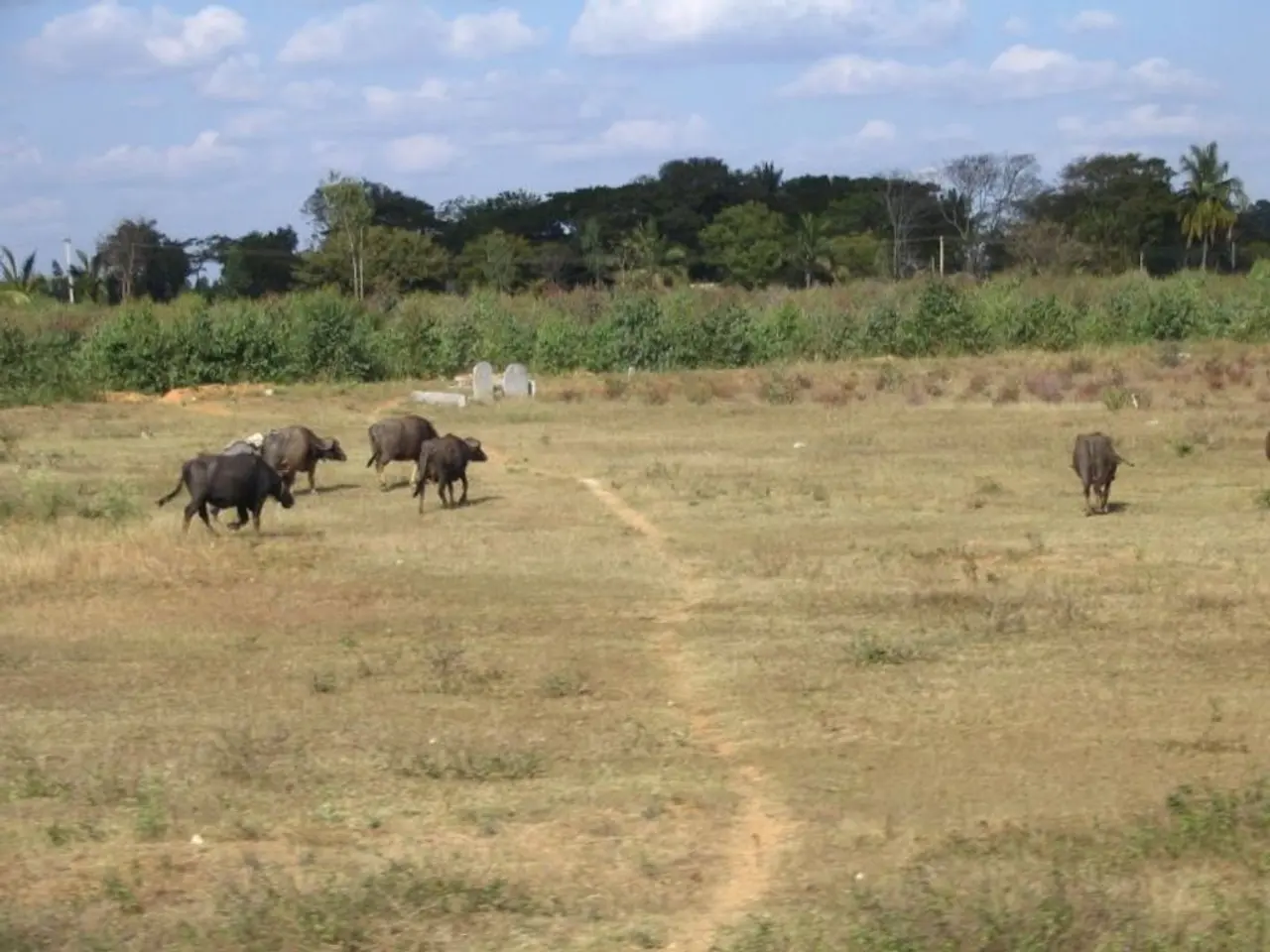Inspiring an Unusual Feast: The Thrilling Transformation of the 'Prosperity Toss' into Lunar New Year's Delightful Tradition
In an unusual festive scene, diners gather around a table, each holding chopsticks tightly as they wait for the prosperity toss to commence. As each ingredient, from vegetables to raw fish, is added to the plate, auspicious phrases are chanted. This custom, known as Yusheng or Yu Sheng, encourages diners to toss and shout in unison, hoping for good fortune.
Paul Liew, the third-generation owner of Keng Eng Kee Seafood (KEK), Singapore's Michelin Guide-recommended food stall, shares his insights. "The higher the toss, the more blessings you're wishing for," he says, stressing the spirit of the celebration over any potential competition.

But, who can claim the origin of this Prosperity Toss? Both Singapore and Malaysia lay claim to its invention. In Singapore, the dish is associated with the 1960s, when four prominent Chinese chefs, known as the 'Four Heavenly Kings,' decided to spice up their traditional raw fish dish with colorful vegetables and sweeter sauces. In Malaysia, the story shifts towards the 1940s at Loke Ching Kee's restaurant in Seremban City.

Regardless of its roots, this tradition remains highly popular — a joyous food fight, if you will — throughout Lunar New Year, especially among younger generations. Chefs in Singapore and Malaysia continue to tweak and innovate their versions, eager to dish out the best. Beyond Singapore and Malaysia, the trend has spread, with Chinese restaurants worldwide embracing their own modern take on the Prosperity Toss during Lunar New Year. From Toronto to Hong Kong, this traditional dish has evolved, preserving its spirit while adapting to global tastes.

Paul Liew often incorporates the Prosperity Toss into his food and drink offerings at KEK, making it a must-try for tourists traveling to Singapore. During their Lunar New Year celebrations, many travelers seek out this lively food tradition, enjoying its vibrant blend of flavors and cultures.








